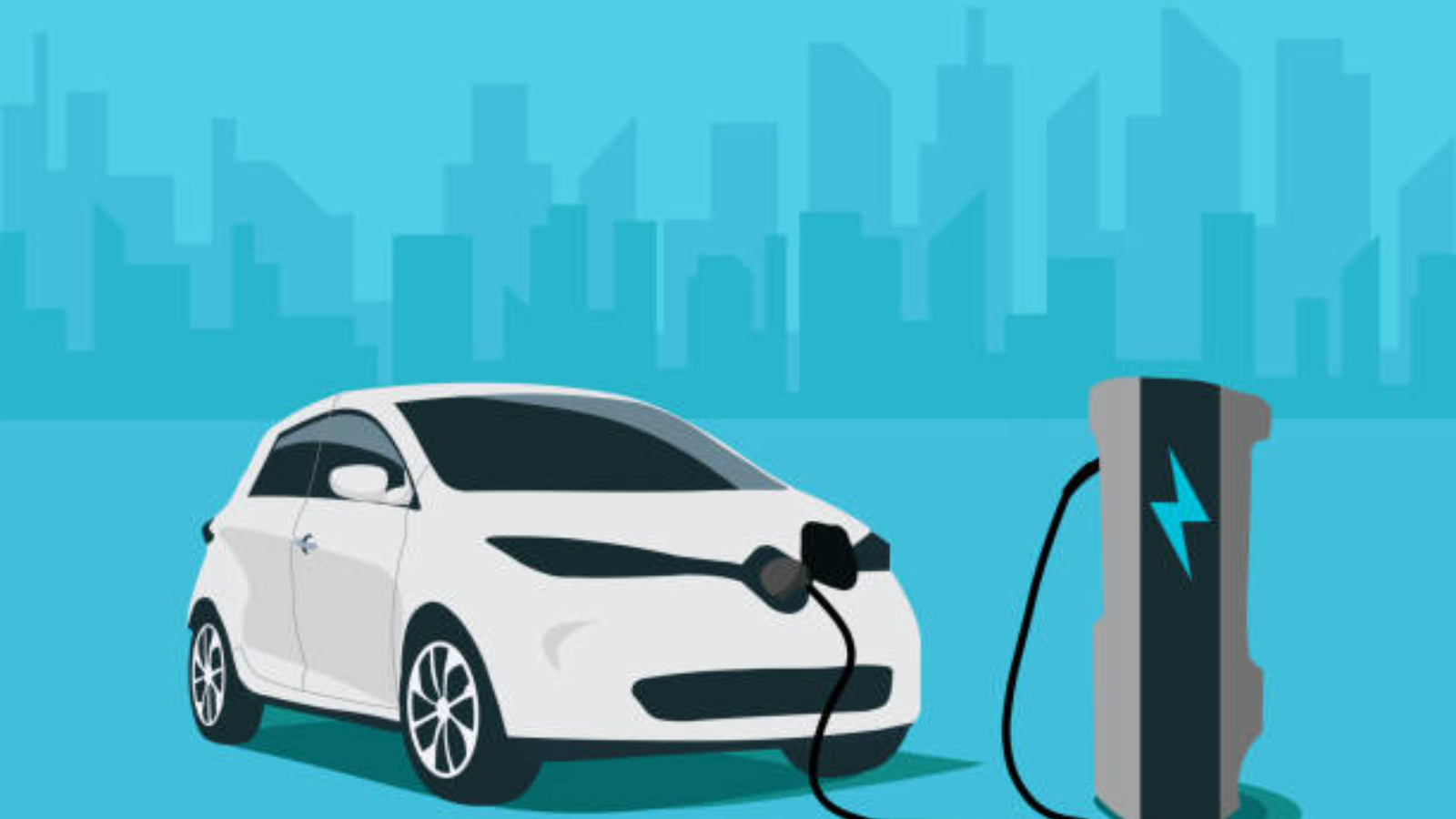In this Article
Introduction
In today’s rapidly advancing technological landscape, the concept of the “Smart City” has emerged as a revolutionary approach to urban living. A Smart City leverages cutting-edge technology, data analytics, and innovative solutions to enhance the quality of life for its residents while promoting sustainability and efficiency.
This article provides a comprehensive overview of what constitutes a Smart City, its key components, benefits, and challenges, as well as how the AlphaX ecosystem can help address these challenges.
What is a Smart City?
A Smart City integrates information and communication technology (ICT) with various physical devices connected to the Internet of Things (IoT) network to optimize the efficiency of city operations and services. This integration aims to improve the quality of life for citizens through smart governance, smart mobility, smart environment, and smart living.
Key Components of a Smart City
Smart City initiatives prioritize efficient governance and mobility solutions, alongside sustainable environmental management and innovative living solutions. The following are key components of a Smart City:
1. Smart Governance
- E-Government Services: Implementation of digital platforms for public services, enabling citizens to access government services online, reducing bureaucracy, and increasing transparency.
- Data-Driven Decision Making: Utilization of data analytics to inform policy-making, ensuring more effective and efficient governance.
- Citizen Engagement: Encouraging public participation through digital platforms, allowing citizens to voice their opinions and contribute to city planning.
2. Smart Mobility
- Intelligent Transportation Systems (ITS): Use of real-time data to manage traffic flow, reduce congestion, and enhance public transportation systems.
- Electric and Autonomous Vehicles: Promotion of EVs and autonomous vehicles to cut emissions and enhance road safety.
- Shared Mobility Solutions: Implementing bike-sharing, car-sharing, and ride-hailing to lessen private car ownership and boost sustainable transport.
3. Smart Environment
- Energy Management: Deployment of smart grids and renewable energy sources to optimize energy consumption and reduce reliance on fossil fuels.
- Waste Management: Use of IoT-enabled waste bins and smart recycling systems to efficiently manage waste collection and disposal.
- Environmental Monitoring: Integrating sensors to monitor air, water quality, and noise levels for proactive environmental protection.
4. Smart Living
- Connected Homes: Adoption of smart home devices that enable residents to control lighting, heating, and security systems remotely, enhancing convenience and energy efficiency.
- Healthcare Innovations: Utilization of telemedicine and wearable health devices to provide accessible and efficient healthcare services.
- Education and Learning: Implementation of digital learning platforms and smart classrooms to enhance the educational experience for students.
Benefits of Smart Cities
Smart Cities offer a multitude of benefits that contribute to the overall well-being of their residents and the environment. These benefits include:
- Improved Quality of Life: Enhanced public services, efficient transportation, and better healthcare contribute to a higher quality of life for citizens.
- Sustainability: Smart Cities promote the use of renewable energy, reduce waste, and minimize carbon footprints, leading to a more sustainable future.
- Economic Growth: The adoption of smart technologies can attract businesses and investors, creating job opportunities and boosting the local economy.
- Safety and Security: Advanced surveillance systems and data analytics can help prevent crime and ensure the safety of residents.
Challenges of Implementing Smart Cities
Despite the numerous benefits, the implementation of Smart Cities also presents several challenges:
- Data Privacy and Security: The extensive use of data in Smart Cities raises concerns about privacy and the potential for cyberattacks.
- High Initial Costs: The development and deployment of smart technologies require significant financial investment, which can be a barrier for many cities.
- Interoperability: Ensuring that different smart systems and devices can communicate and work together seamlessly is a complex task.
- Digital Divide: The reliance on technology can exacerbate inequalities if certain segments of the population lack access to digital services.
Conclusion:
How Can We Help?
AlphaX offers solutions to make Smart Cities smarter and more efficient. We ensure data privacy and security with advanced encryption. Our cost-effective strategies help cities secure funding and integrate smart systems seamlessly. We promote digital inclusion through access to services and educational support. Our team provides comprehensive training and support for effective implementation. Partnering with local governments, we develop policies that prioritize innovation and citizen welfare. Learn more on our contact page.
References
Related Blog Posts
How Smart Cities Connect: Getting Started with Edge AI and IoT Technology
How to Get Started with Edge AI and IoT Technologies in Smart Cities: Overcoming Integration Challenges In recent years, the concept of smart cities has evolved from a futuristic Read More
5 Step Strategy: Ensuring Security and Privacy in 15-Minute Smart Cities
Introduction Ensuring security and privacy in 15-minute smart cities is a critical challenge as urban areas become increasingly connected through IoT and edge AI technologies. These cities aim to Read More
What is a smart city and the challenge of legacy systems
How to Get Started with Integrating Legacy Systems in Smart Cities Smart cities are transforming urban landscapes by leveraging technology to improve the quality of life for residents. However, Read More




